
Why Australia’s community organisations need a new governance model
Posted on 25 Feb 2026
Australia’s community organisations are quietly holding society together. From local sporting clubs…
Posted on 08 Jul 2025
By Nick Place, journalist, Institute of Community Directors Australia
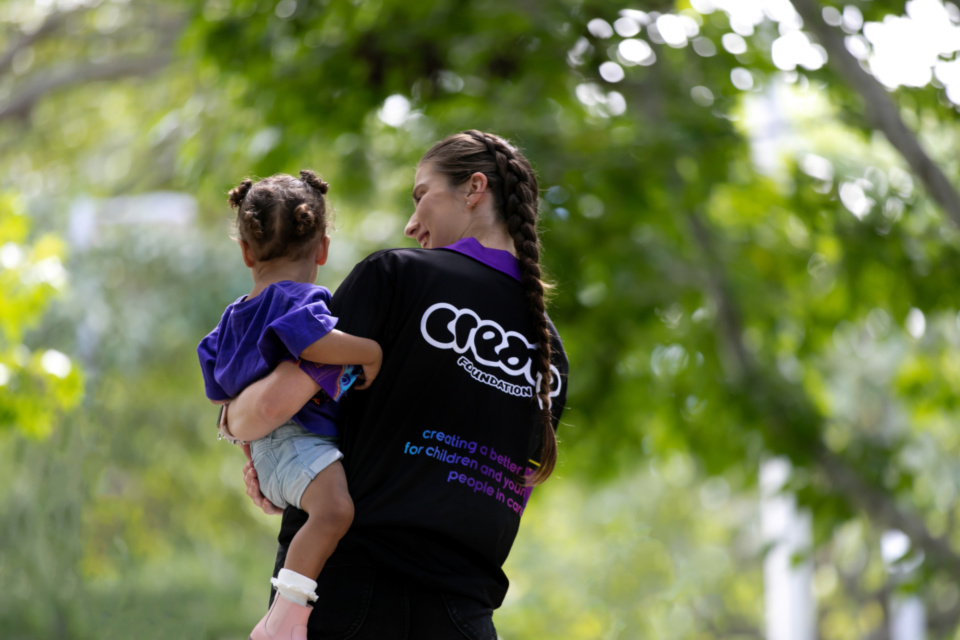
A new Commission of Inquiry into Queensland’s child protection system must hear from young people with experience of out-of-home care, says a leading advocacy group.
CREATE Foundation, a national consumer body dedicated to representing the voices of children and young people with out-of-home care experience, is adamant that for the commission to achieve genuine and positive systems change, the youth at the heart of the issues must be heard.
“Children and young people in care are the experts on their care experience – it’s time we listened,” said CREATE Foundation CEO Imogen Edeson.
CREATE is hopeful the commission, which commenced last week, can truly get to the heart of failings within the child protection system and make meaningful change, and it is watching carefully to see the commission’s intentions when it comes to hearing the voices of children who have lived within the system.
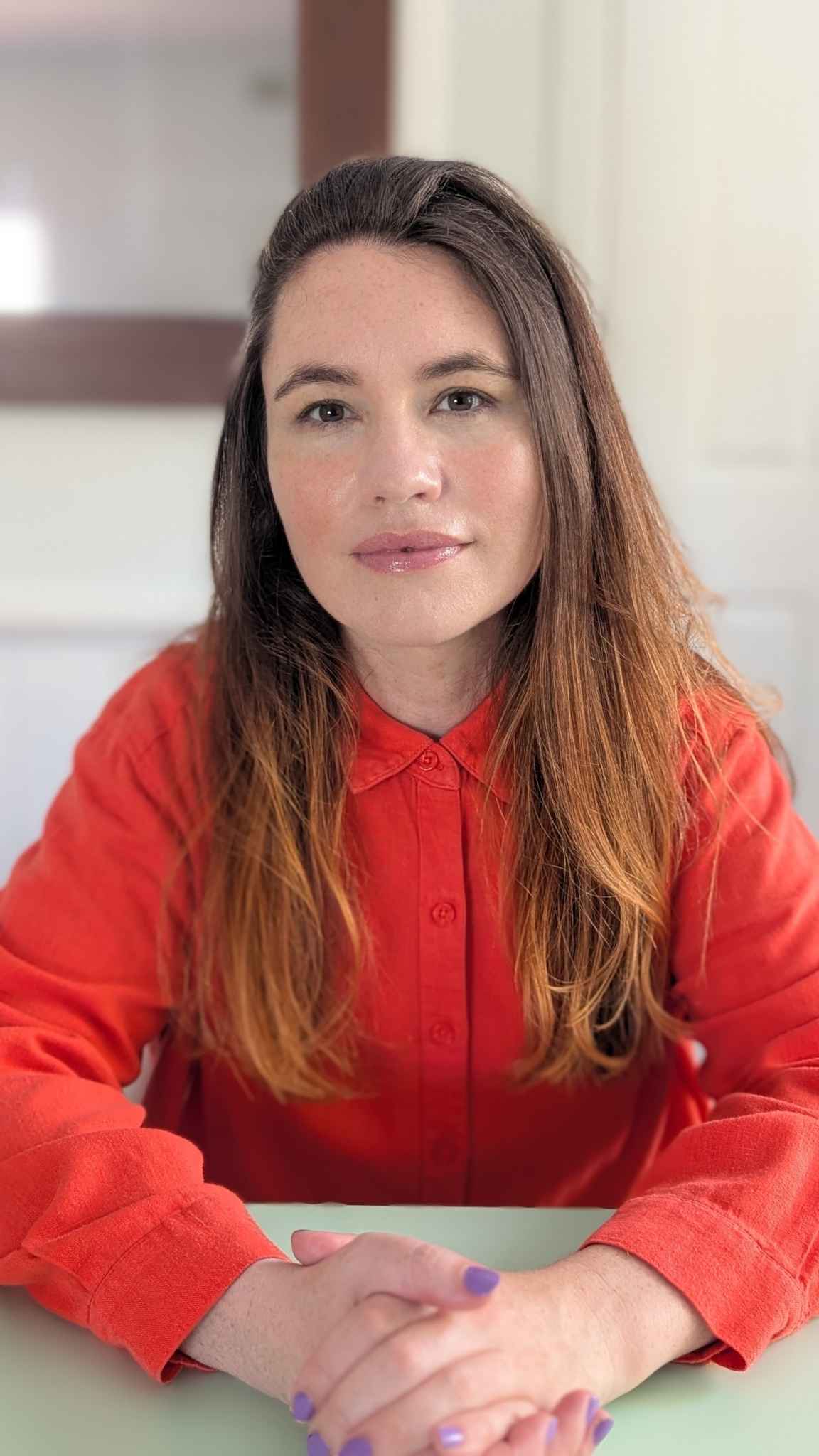
“Young people often tell us that they don’t get to have a say about things like their care arrangements, and they feel that their voices are not taken seriously,” Edeson told the Community Advocate. “There are some really important reasons why we need to listen to children. Firstly, it’s a critical aspect of ensuring children’s safety. It’s reflected in the national principles for child safe organisations and ‘Safe & Supported’, the national framework for protecting Australia’s children. So, it’s evidenced children have a right to be involved in decisions about their lives, and that's reflected in the United Nations Convention on the Rights of the Child, to which Australia is a signatory, and in multiple charters across Australian jurisdictions.
“But mostly, hearing the children is just a critical source of evidence around the extent to which systems and services are working or not working to meet their needs. The lived experiences of children and young people provide really unique insights into the effectiveness of practices and services, models and systems.”
“They say things like, ‘We’re not just a caseload. We’re not just another name in your system. We’re real people and your decisions impact us.’”
With CREATE saying 12,500 children and young people currently live in out-of-home care in Queensland, the commission will play a key role in shaping the lives of many disadvantaged youth. Almost half of the estimated 44,900 young people living in out-of-home care across Australia identify as Aboriginal or Torres Strait Islander, emphasising the need for the commission to give true voice and cultural authority to First Nations leaders, as per Closing The Gap priority reform one.
Edeson said that if given a chance to speak up, children and young people in care have a lot to say.
“They say things like, ‘We’re not just a caseload. We’re not just another name in your system. We’re real people and your decisions impact us.’ That’s a direct quote,” she said. “They talk about feeling excluded from some of the decisions that most impact their lives, like who they live with and where they live. I think sometimes for young people, it can feel like their accommodation is more a workplace [for care workers] than a home for them. That’s something we consistently hear from young people, and they don’t always feel safe in those settings.”
The Commission of Inquiry into Queensland’s child protection system has been created to uncover failures and recommend reforms to better protect vulnerable children in child protective systems.
Led by former Federal Court judge the Honourable Paul Anastassiou KC, the commission sat for the first time on July 1 and is set to submit a final report to government by November 30, 2026. According to the commission's website, it may also make interim reports.
Emphasising its independence, the commission’s charter is to “review and investigate systemic issues within the child safety system in Queensland. It will listen to voices from around Queensland and draw on data and case studies to investigate how the system has been functioning and to identify whether it has been providing adequate care to vulnerable children, carers and families and meeting community expectations around parenting. The Inquiry will consider the future needs of the system and aims to recommend practical, evidence-based reforms to the Queensland child safety system.”
Edeson’s wish-list for what might emerge from the commission’s work is hopeful and ambitious.
“My hope is that it really is a reset that deeply considers what children and young people have to say about what it’s like to grow up in care and what they feel needs to change, bringing the voices of those with lived experience to the centre of the inquiry and informing the recommendations,” she said.
“I think the commission needs to truly catalyse deep, profound and systemic change. It needs to be multifaceted, it needs to consider early intervention and how it is that families are supported to stay together, to address the needs of children before safety needs escalate.
“I think we also need to consider some of the pressures that families are facing with cost of living and housing. We need to definitely shift away from the over-reliance on residential care and invest in home-based care models like foster care and kinship care, and make sure carers are supported. There are innovative models of foster care, but we need to examine some of the social drivers that are resulting in entries to care in the first place.”

Posted on 25 Feb 2026
Australia’s community organisations are quietly holding society together. From local sporting clubs…
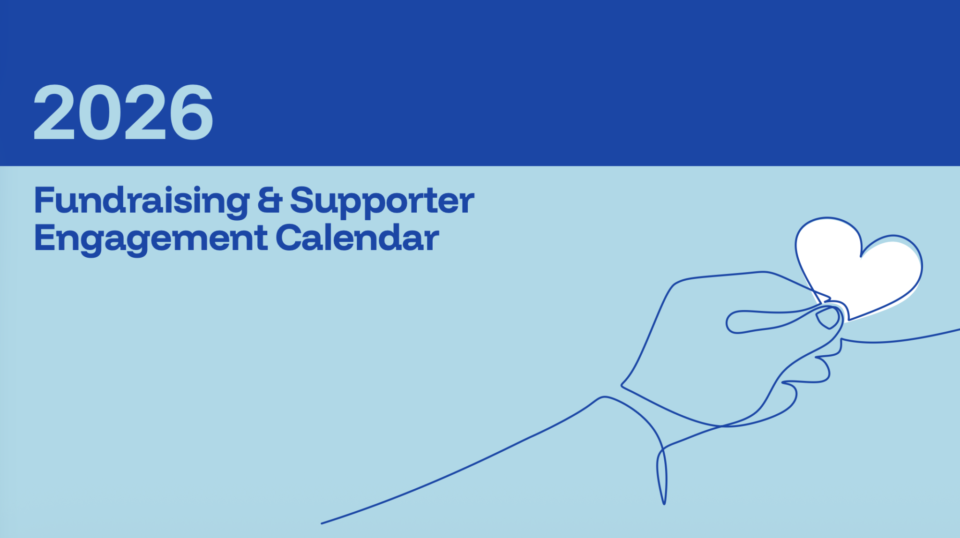
Posted on 25 Feb 2026
Writing communications for donors, stakeholders, regulators and the public can be a relentless task…
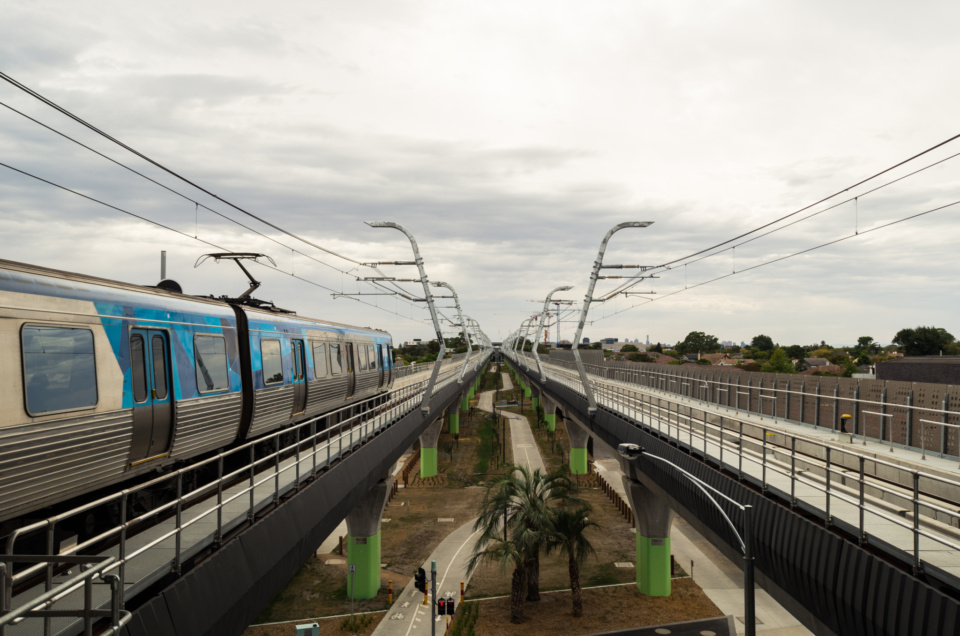
Posted on 25 Feb 2026
A Victorian suburb's hot debate about whether trains should live underground or in the sky ended…
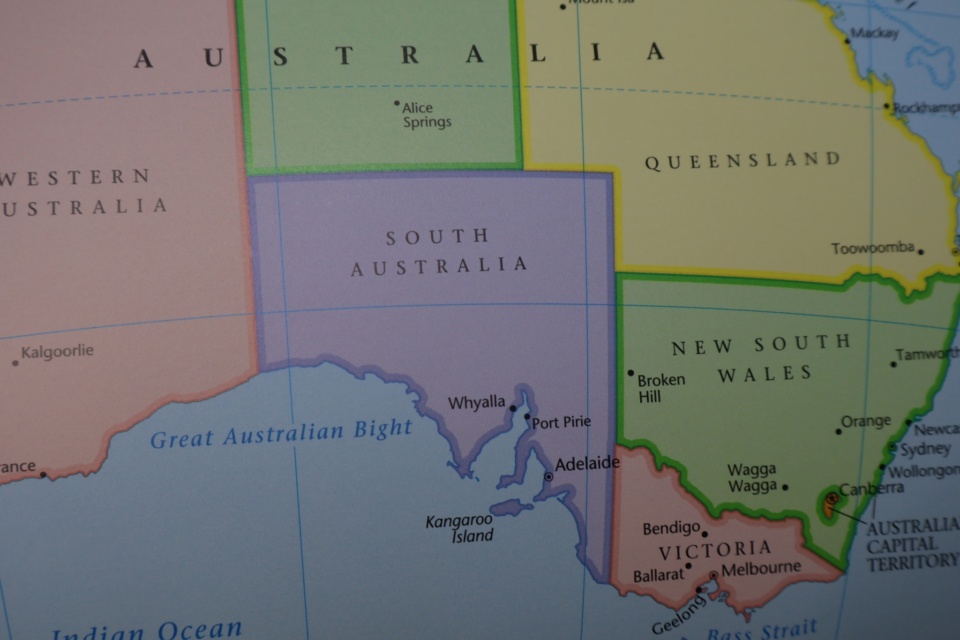
Posted on 25 Feb 2026
Three years after the federal government announced that national fundraising principles would be…
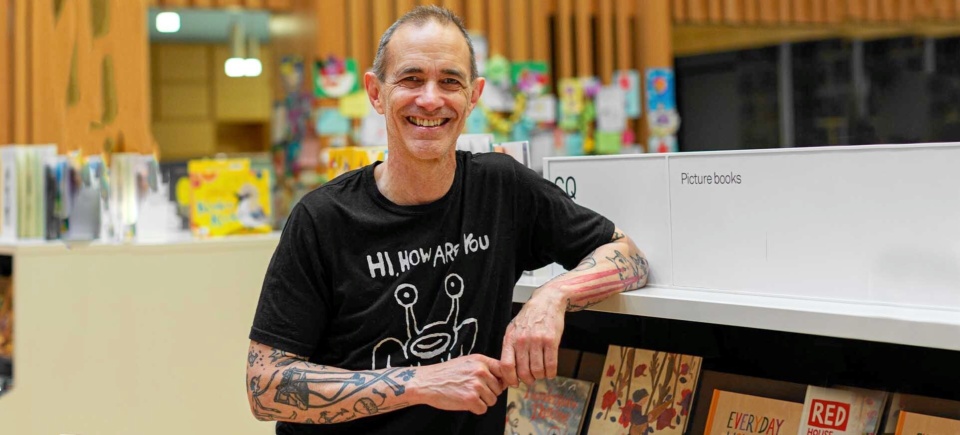
Posted on 25 Feb 2026
Author Andy Griffiths has spent 30 years bringing “punk rock” to children’s books, making kids…
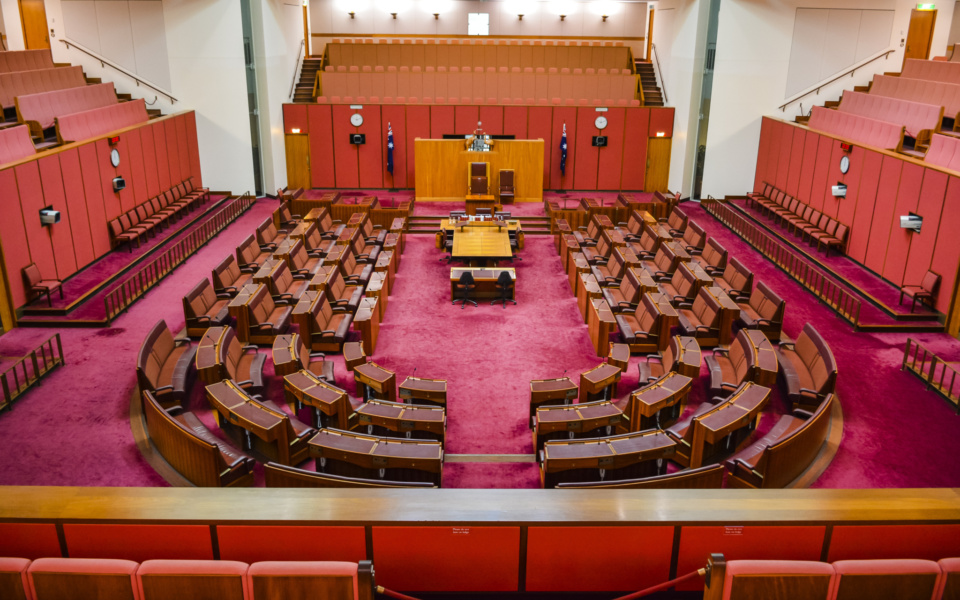
Posted on 25 Feb 2026
Senator Dean Smith is back as shadow minister for charities, and he’s told the Community Advocate…

Posted on 18 Feb 2026
Around 50 per cent of all funding for charities in Australia comes from government. The nature of…

Posted on 18 Feb 2026
You wouldn’t try to fix a complex system with one tool. You’d widen the toolkit, improve the…

Posted on 18 Feb 2026
Australia’s champion laundry van charity, Orange Sky, has announced it is ready to expand into…

Posted on 18 Feb 2026
To have any hope of hitting the grand plan of doubling philanthropy by 2030, Australia needs one…

Posted on 18 Feb 2026
When Nyiyaparli woman Jahna Cedar travels to New York next month as part of the Australian…

Posted on 17 Feb 2026
This is the full academic version of Dr Oksana King's thoughts on the need to better compensate and…